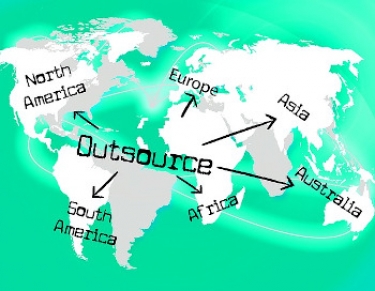The new rule will:
- "Narrow the definition of 'specialty occupation' as Congress intended, by closing the over-broad definition that allowed companies to game the system;
- "Require companies to make 'real' offers to 'real employees', by closing loopholes and preventing the displacement of American workers; and,
- "Enhance DHS’s ability to enforce compliance through worksite inspections and monitor compliance before, during, and after an H1-B petition is approved."
The rule will take effect 60 days after it is published in the Federal Register and will not have the regular notice and comment period.
This, the DHS said, was "to immediately ensure that employing H-1B workers will not worsen the economic crisis caused by COVID-19 and adversely affect wages and working conditions of similarly employed US workers. The pandemic’s economic impact is an 'obvious and compelling fact' that justifies good cause to issue this IFR".
|
|
Tech companies have been sharply critical of changes like this because they depend, to a large extent, on bringing in workers on H-1B visas to work for them.
In its Tuesday notice, the DHS said claimed while the H-1B program was meant to allow employers to fill their workforce and remain competitive, it had expanded beyond that and was often detrimental to American workers.
"Data shows that the more than a half million H-1B non-immigrants in the United States have been used to displace US workers," the notice said.
"This has led to reduced wages in a number of industries in the US labour market and the stagnation of wages in certain occupations. These latest efforts on H-1B visas are part of a larger Trump Administration goal to protect American workers."
Acting DHS secretary Chad Wolf said: “We have entered an era in which economic security is an integral part of homeland security. Put simply, economic security is homeland security.
"In response, we must do everything we can within the bounds of the law to make sure the American worker is put first.
“The Department of Homeland Security is honoured to take this important step toward putting Americans first and to continue to implement President Trump’s agenda to keep our economy secure.”
In October 2017, the government issued new guidelines making it tougher for existing H-1B holders to renew their visas, specifying that they would have to go through the same process for renewal as they did to first obtain the visa.
The number of applicants for H-1B visas fell in 2017 for the first time in four years. In April 2017, the US Citizenship and Immigration Services received 199,000 applications, compared to 236,000 received in 2016.











































